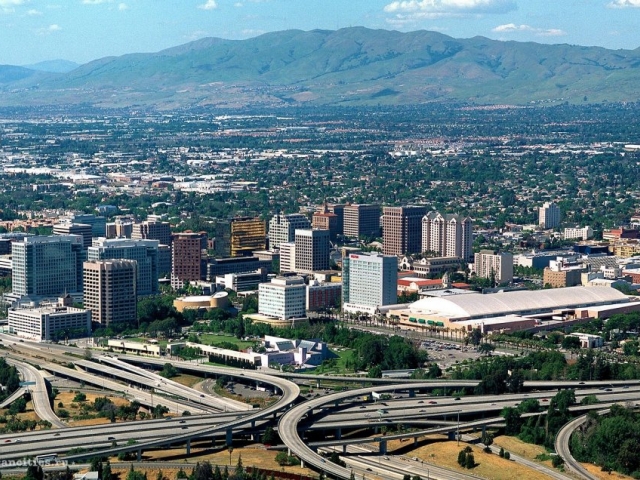
Not everyone can win the trust in global markets. Even the Silicon Valley companies face difficulties in this matter. The problems of entering the markets of large states arise because of the huge competition from local companies and government bans.
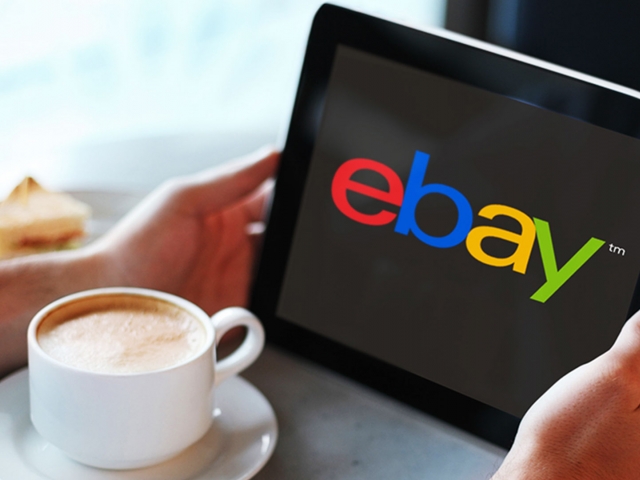
eBay
The Internet giant eBay from the United States was one of the first to enter the Chinese market. But his leadership didn't last long, being sidelined by the local company Alibaba. It launched the Taobao service, gaining popularity due to the absence of commission for sales on the site. Taobao became the leader of the local market, and eBay left China 10 years ago.
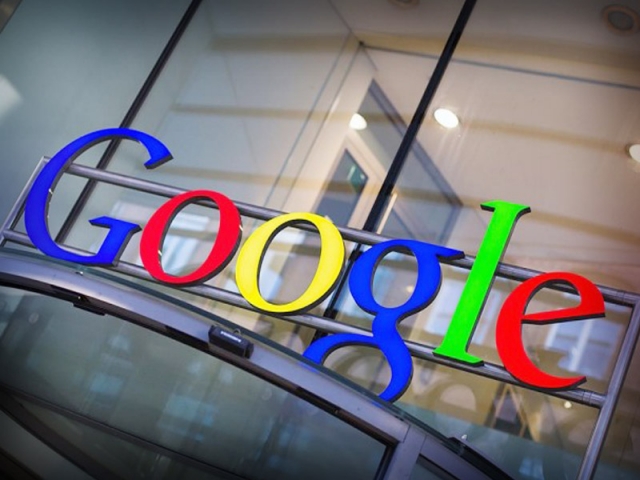
In 2006, Google entered the Chinese market. About 3 years later, after tightening the rules of censorship by local authorities, the company began to experience difficulties. Major hacker attacks were committed on Google services. As a result, accusing the Chinese leadership of mass surveillance of people, the company redirected Chinese users to the Hong Kong version of the site. Later, the Chinese authorities banned Google's web services across the country.
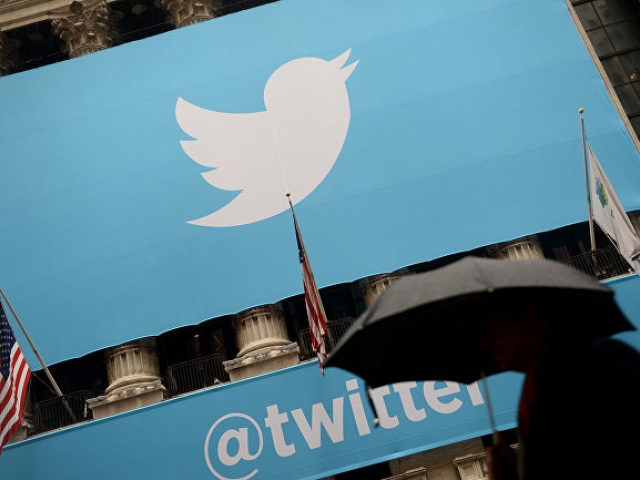
The way to the Chinese consumer was also difficult for the Twitter social network of microblogging. Seven years ago, following protests in the Xinjiang Uighur region in the northwest of China, the social network was forced to suspend its work in the republic. Last year, Chinese authorities agreed to use Twitter on the territory of the country during the World Athletics Championships in Beijing during the week.
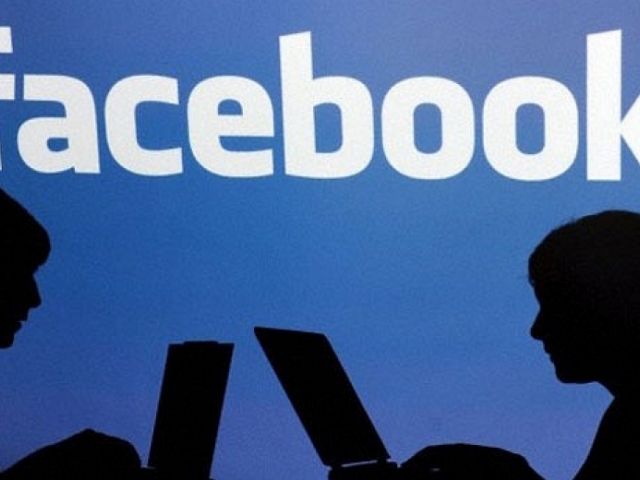
In 2009, the popular Facebook social network failed in the Chinese market. It was blocked along with Twitter. However, the company does not give up and is trying to find a way to enter the market of the Celestial Empire. Last year, the founder of Facebook even met President Xi Jinping of China. Negotiations were unsuccessful, as the demands of the Chinese authorities to store data within the country and the availability of censors for content filtering are contrary to the company's policy.
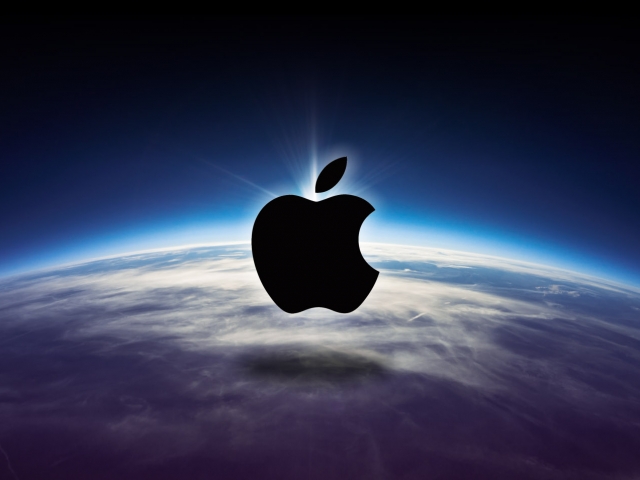
Apple
Apple, the most expensive company in the Silicon Valley, also has to overcome obstacles on its way to the Middle Kingdom market. For example, it ran into criticism of the iPhone because of its tracking feature. Last year, the Chinese startup won a patent case against Apple, which led to the suspension of sales of the iPhone 6 and 6 Plus in Beijing. Earlier, Xintong Tiandi Technology from China won a court case against the corporation.
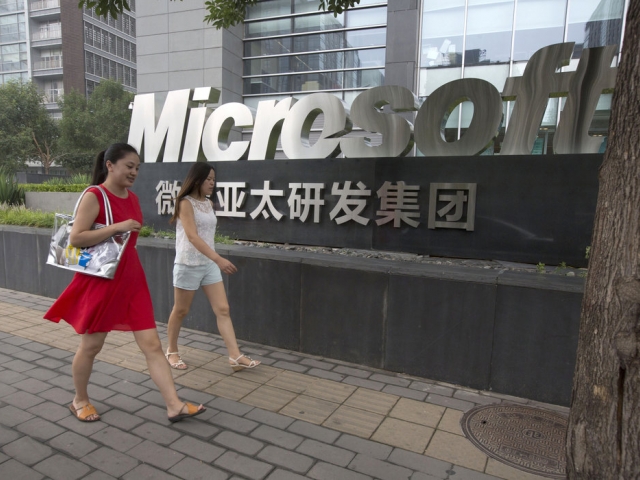
Microsoft
Two years ago, the use of Windows on government computers in China was banned. According to Xinhua, China does not want to depend on a foreign software vendor that can stop its support at any time. Later, antitrust proceedings began against Microsoft. Not wanting to lose the promising market, the company is trying to negotiate with the authorities of the Celestial Empire. In March this year, Microsoft released a government version of its operating system Windows 10 - Zhuangongban.
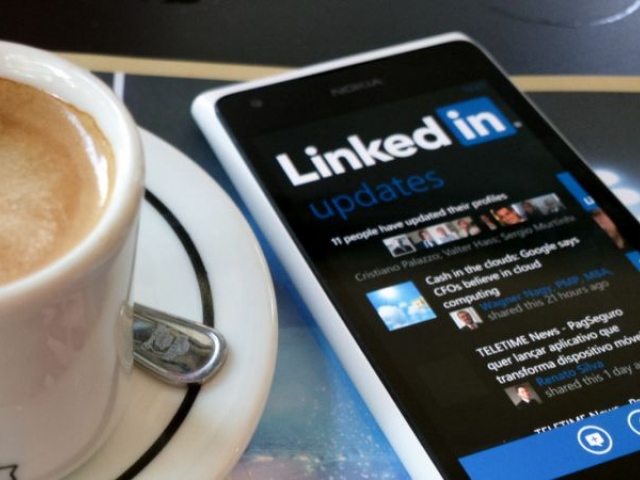
Two years ago, LinkedIn from the United States adopted the rules set by the Chinese leadership. It placed its servers inside the country, gave the share to the Chinese venture company, and closely follows the published content. The number of users of LinkedIn currently exceeds 20 million.
 English
English 
 Русский
Русский Bahasa Indonesia
Bahasa Indonesia Bahasa Malay
Bahasa Malay ไทย
ไทย Español
Español Deutsch
Deutsch Български
Български Français
Français Tiếng Việt
Tiếng Việt 中文
中文 বাংলা
বাংলা हिन्दी
हिन्दी Čeština
Čeština Українська
Українська Română
Română
